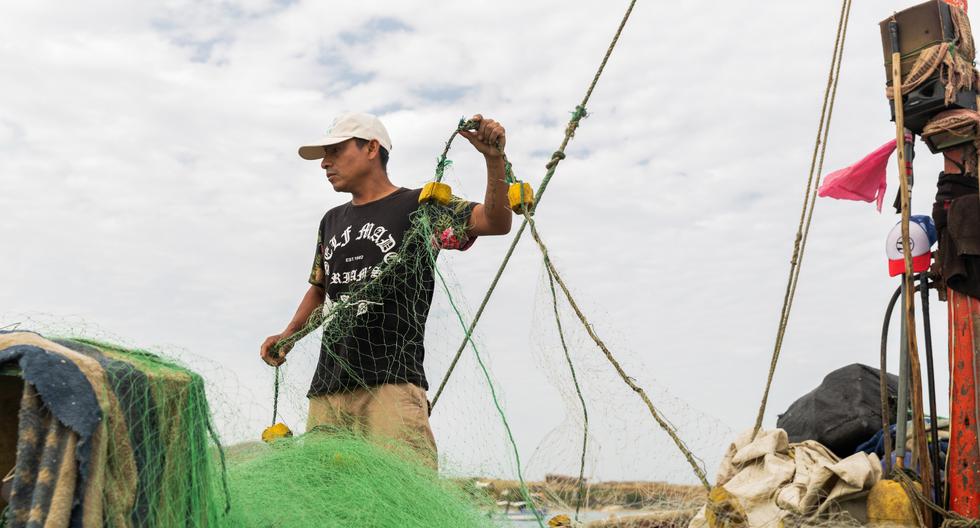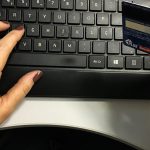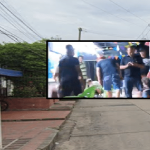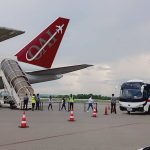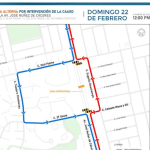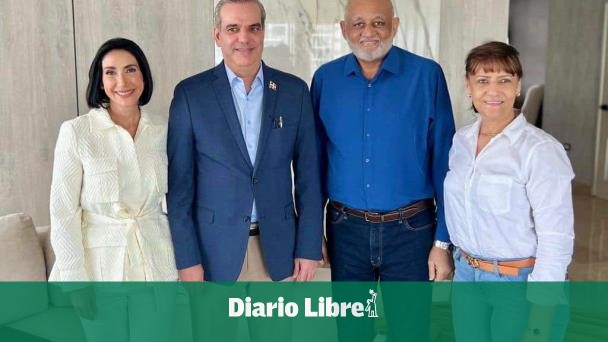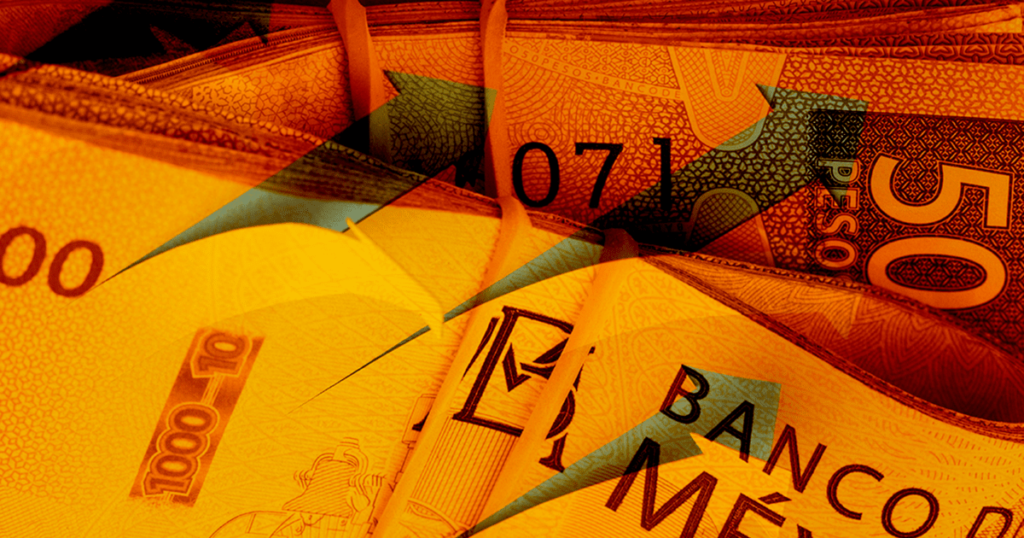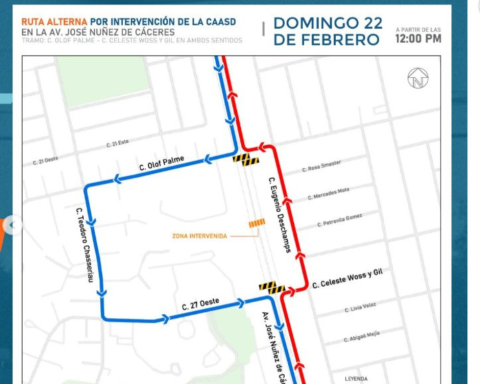In order to combat the threats against the Peruvian sea and raise awareness about the importance of protecting the environment, two innovative projects emerged that clean up the oceans and strengthen the conservation of marine ecosystems, as well as promote the economic development of the fishing communities of our country.
Fruit of the joint effort between WWF Peru and fishing communities, the RedCicla Project was born to encourage artisanal fishermen to collect and recycle fishing nets at the end of their useful life, and thus prevent them from reaching the sea and becoming the most damaging plastic threat to our marine ecosystems.
RedCicla It allows ensuring the collection, management and recycling of solid, oily and hydrobiological waste generated during artisanal fishing activities, as well as the recovery and transformation of monofilament fishing nets.
As part of the project, 6 collection points have been implemented in Los Órganos, Máncora, San José, Cabo Blanco, in the Piura region; in Cancas, from the Tumbes region; and in Vegueta, in the province of Huaura, in the Lima region.
So far, only in the community of Los Órganos, more than 2,000 kg of monofilament nets have been collected and tested for recycling, obtaining panels made 100% from fishing nets by thermocompression.
“Fishing nets are recognized as the most lethal type of marine plastic, since when they become entangled in the seabed or drift in the sea, they affect ecosystems, endangered species and also, of commercial interest. This is known as ghost fishing,” explained Nadia Balducci, leader of the Clean Oceans team.
THE ZERO WASTE PROJECT
The Zero Waste Project is focused on the management of inorganic waste from artisanal fishermen from Paita, Máncora and Matarani, which are generated during fishing operations and in DPAs, and have a detrimental impact on marine life when not managed. correctly.
Through Zero Waste, it was possible to collect 1 ton of plastic bottles in a month of recycling at the Artisanal Fishing Landing (DPA) of Matarani, in the Arequipa region; and 200 liters of oily waste (such as motor oils).
To this was added a series of talks that sensitized more than 1,200 artisanal fishermen about the correct management of waste and marine pollution.
Of the talks given to 305 artisanal vessels, at least 130 return their own waste generated during fishing operations.
Currently, WWF Peru continues to work to promote a clean ocean through projects that seek to improve the management of waste generated in fishing operations and counteract ‘ghost fishing’, as well as the management and recycling of inorganic waste.
The work with fishermen from Paita continues since 2013, and since the end of 2021 with Máncora. These projects will strengthen efforts to prevent pollution from plastics and other waste.
For more information visit: https://www.wwf.org.pe/
